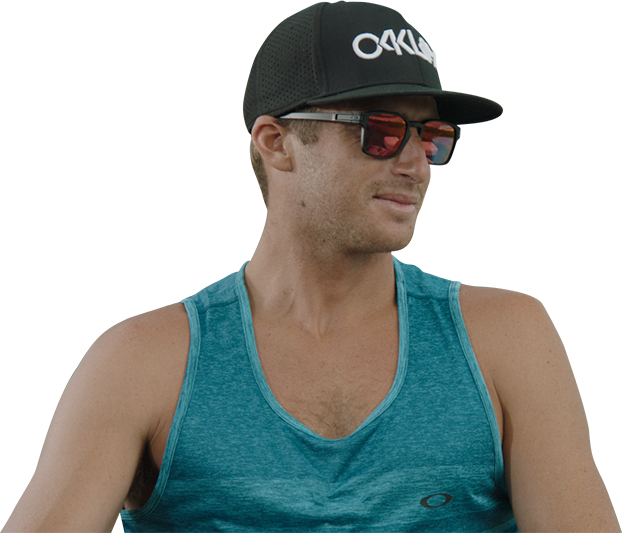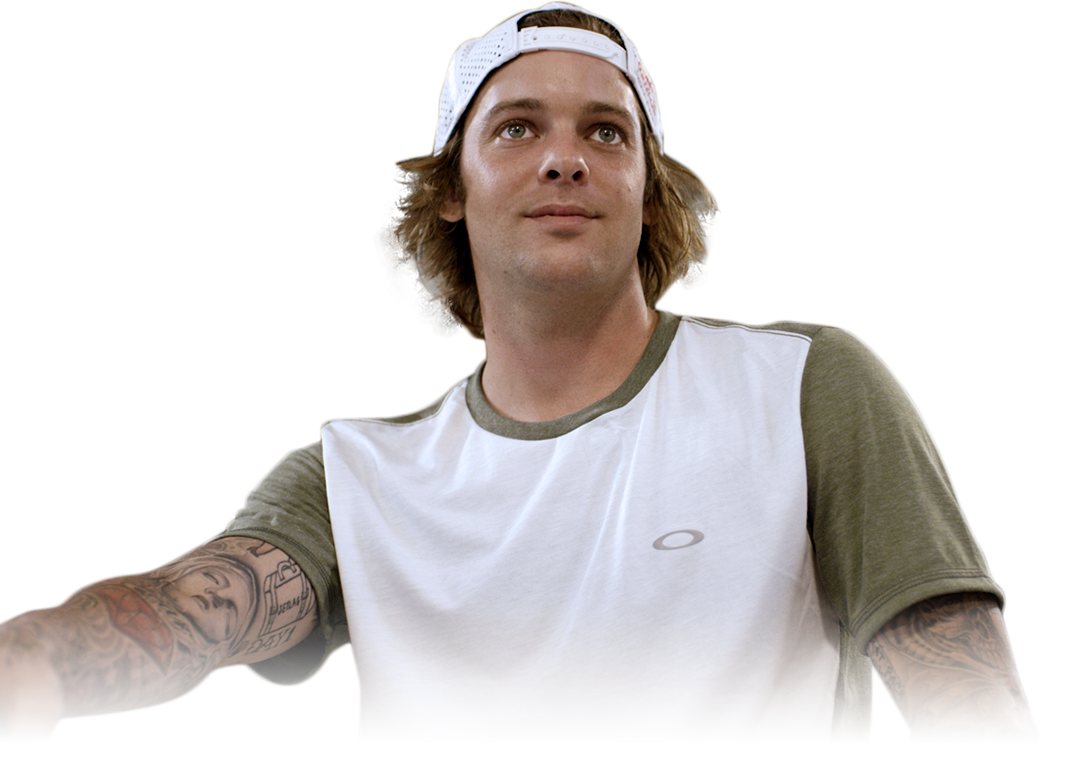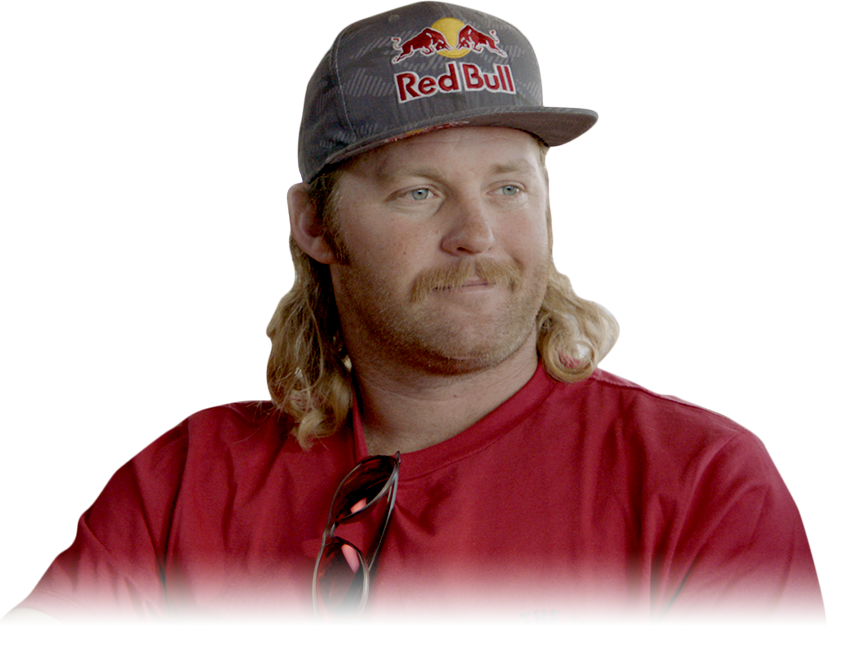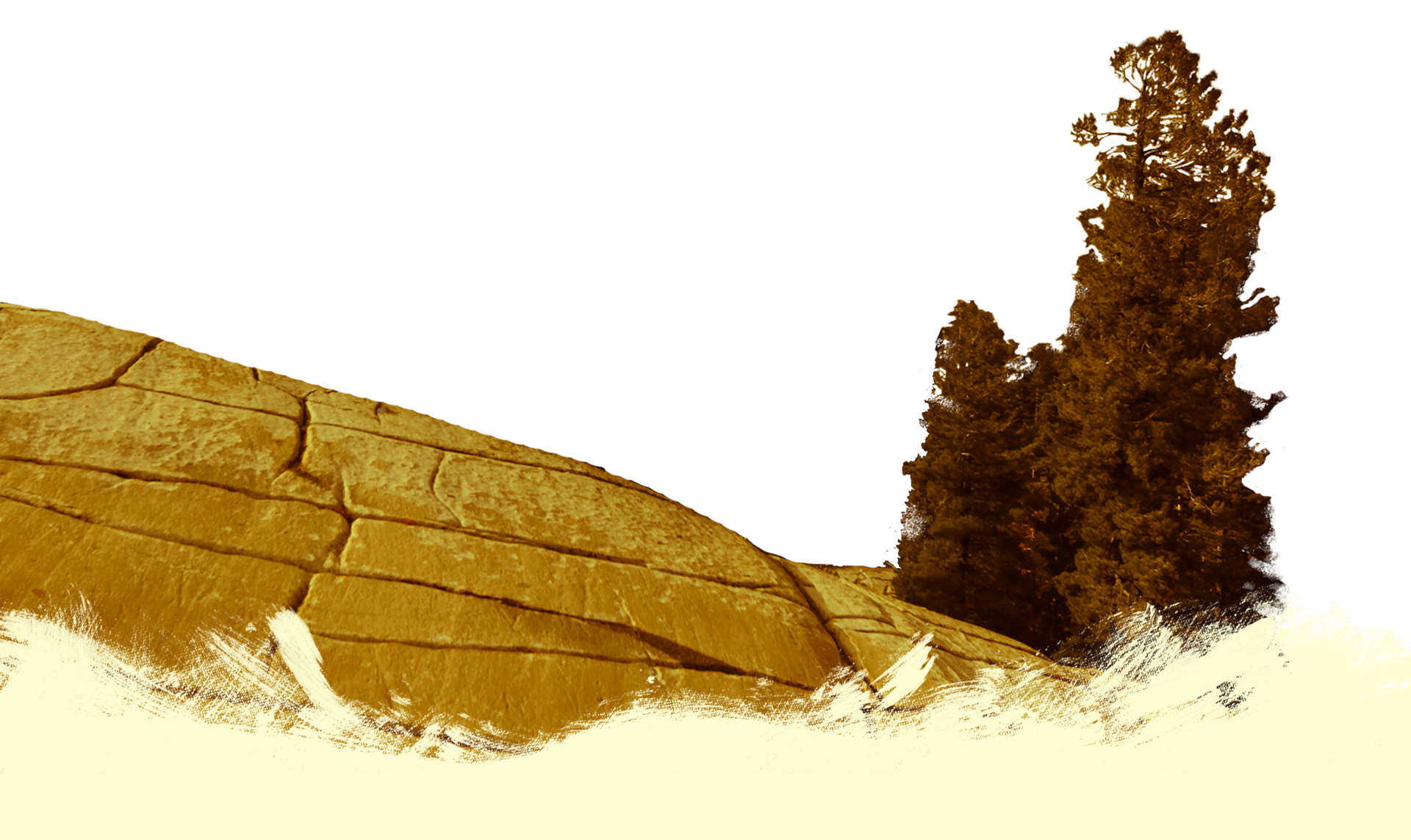





The Dons of Action Sports from California to Kauai
Day-in and day-out, athletes Ryan Sheckler, Mike "Hucker" Clark, and Sebastian Zietz push to go bigger and faster than ever.
Words: Macklin Stern
When we first link up with Ryan Sheckler he’s doing what he does best: skateboarding.
“It’s just something to keep me moving, I gotta stay moving,” he says. “No matter what it is, if it’s surfing, motocross, bicycles, snowboarding, skateboarding, anything; I just gotta be moving,” Sheckler tells me, speaking like a true action sports junkie.
Mike “Hucker” Clark and Sebastian Zietz share Sheckler’s passion for the extreme, but their sports of choice are BMX dirt riding and surfing, respectively. Hucker started biking (without training wheels) when he was two years old, and became enamored with the sport at the local Cali skate parks he would frequent with his mom. Meanwhile, Zietz grew up in Kauai, HI, a surfing Mecca and virtual breeding ground for some of the biggest names in the game. Needless to say, his love for the sport was internalized at a very young age.
Everything these athletes do, whether on or off their boards or bikes, is for the purpose of honing their craft. For them, balancing work and life’s pleasures is not a complex issue to tackle, the way it is for so many people with standard jobs.
More than that, the work ethic and seemingly endless drive to do more, go faster, and push harder that Sheckler, Hucker, and Zietz possess are direct results of the people and places that raised them. Rather than looking to expensive consultants and big data studies to find new ways to succeed, might companies—and their employers and employees—find the best model for fostering success in the action sports world?




Sebastian Zietz grew up in the more than idyllic locale of Kauai, HI. While the killer waves and nearly perfect weather make Kauai a prime surfing location, for Zeitz it’s the people and the culture that most fueled his love of the sport. “One time I was hitchhiking (while skipping school) and my vice principal picked me up and [started] ragging on me, [saying] ‘Surfers aren’t stupid, you should go to school.’” But in a turn of events, the educator had a change of heart. “[Eventually, he realized that] the waves were firing and he was a surfer too, so he was like, ‘All right, I’ll drop you off, but don’t tell anybody.’” It’s this kind of camaraderie and personalized care that led Zietz to pursue surfing professionally. Zeitz explains, “It's killer just having the whole community that knows and supports surfing.” Each member may not serve separate functions, but the synergy of the unanimous positivity is infectious.
Zietz has competed all over the world, from Huntington Beach, Calif., to Sydney, Australia, but for him, there’s no greater feeling than returning home. “After I won at Margaret River, it was a big moment for me; coming home and hearing all the different stories of people watching on their phones or TVs.” Even when competing in Australia, his home crowd watches loyally, “Everyone's really into it and really pulls for you.” It may sound corny, but Zietz’ unique success is built on the backs of an army where everyone feels like they have a stake in a single member’s success.


“A lot of these kids who are on the world tour now have national titles,
and I was more or less here surfing. My family didn’t have a lot of money and surfboards cost a lot.
I had pluggy, older boards and I just really loved surfing.”
-Sebastian Zietz




Ryan Sheckler was a skateboarding prodigy as a child, first getting up on his dad’s board at the ripe age of two. Unlike many other athletes who fail to live up to their hype, or spend less time developing their skills as school and social commitments ramp up with age, Sheckler kept skating. As a result, he exceeded all expectations.
Of all his achievements on the board, Sheckler’s most impressive might still be when he won the gold as a 13-year-old at the 2003 Summer X Games, making him the youngest gold medalist ever (a record he still holds to this day). “I had to go to school the next day,” Sheckler recalls. “I took my medal to school, and it was crazy because I didn’t know how big the X Games really were,” but when he got back to school, it was as if “every single person knew.” Sheckler believes that that mentality is what makes San Clemente so special. “It’s a huge community of like-minded people,” he explains, “It’s a surf-skate community, but everyone gets behind everyone from there that’s doing something good.” That shared sense of pride can propel people to keep pushing. Competition, or even sheer ignorance of other people’s achievements blocks the celebratory flow that helped Sheckler realize the significance of his feat.
With three gold medal runs at the Summer X Games and a laundry list of sponsorships, Sheckler attributes his success to a profound determination and a rigorous training regimen. “I love working out and being able to watch the transformation of my body,” Sheckler says. “As each week goes by, you’re going to get stronger and better,” he maintains. “Maybe I don’t get the trick this week, but next week I’m gonna get closer, and then I’m gonna get it; everything I’m doing in the gym, I’m going to transfer to skateboarding.” Most wouldn’t intuitively see skate culture as a natural home for a gym rat, but Sheckler puts his energy into the two activities with the same zeal. They actually end up bolstering one another and making him a stronger skater in the process.
Imagine if employees who thrive on endorphins could schedule time to work out during office hours as needed. Less time in the office may not necessarily mean less work is being done—just that the quality of the hours spent there shifts.


“My parents would say, ‘Okay, if you do well in school and get straight A’s, you can do whatever you want after school.’ So me and my brother Shane did really well in school, and the second we got out, we’d go straight to the skatepark and skate until it got dark.”
-Ryan Sheckler





Mike Clark, or as his friends call him, Hucker, has made a killing as a BMX dirt rider. His ability to grab crazy air and land the gnarliest tricks is known across the BMX community, but the SoCal native wasn’t always the baddest man on a bicycle. “When I was in high school, I started excelling at biking but I was really sketchy, that’s how I got my nickname ‘Hucker,’” explains Clark. “I’d leave covered in dirt head-to-toe every day, no style, more balls than skills.” But eventually for Clark, it all started to click.“That’s when I realized, ‘Man, this is sick, maybe I should try a contest.’” It’s not always the people who check every box that end up pushing the limits the furthest. Hucker’s shaky foundation solidified with time, and earned him a trademark style that made him a household name.
While Hucker is a BMXer by trade, he opts for a 360 understanding of the sport. With shovel in hand, he completely redesigned and rebuilt the Dirt Trails at the Oakley Dirt Lab to get himself ready for the X Games. He doesn’t stop at BMXing and park design, either. “I love riding my bike more than ever, but I also love surfing,” Clark says. “When I’m at skateparks, I probably skate as much as I ride because I love doing it all.” And for Clark, doing everything all the time provides him with inspiration and a certain feeling of zen. “That’s my way of finding balance, and I feel like it makes me more creative on my bike because I look at everything totally differently, it’s just crazy how it all meshes together in some way and gives you more freedom.” The disciplinarian approach holds that focusing on a single task, or staying in a dedicated lane is vital to keeping an operation efficient. Hucker is living proof that having some freedom to experiment is a more holistic learning strategy.


“Still, when I land a trick, it’s the best feeling in the world. And then once I get a trick dialed, it’s all about making it smoother and better, and just perfecting it. I think about it so much.”
-Mike “Hucker” Clark
